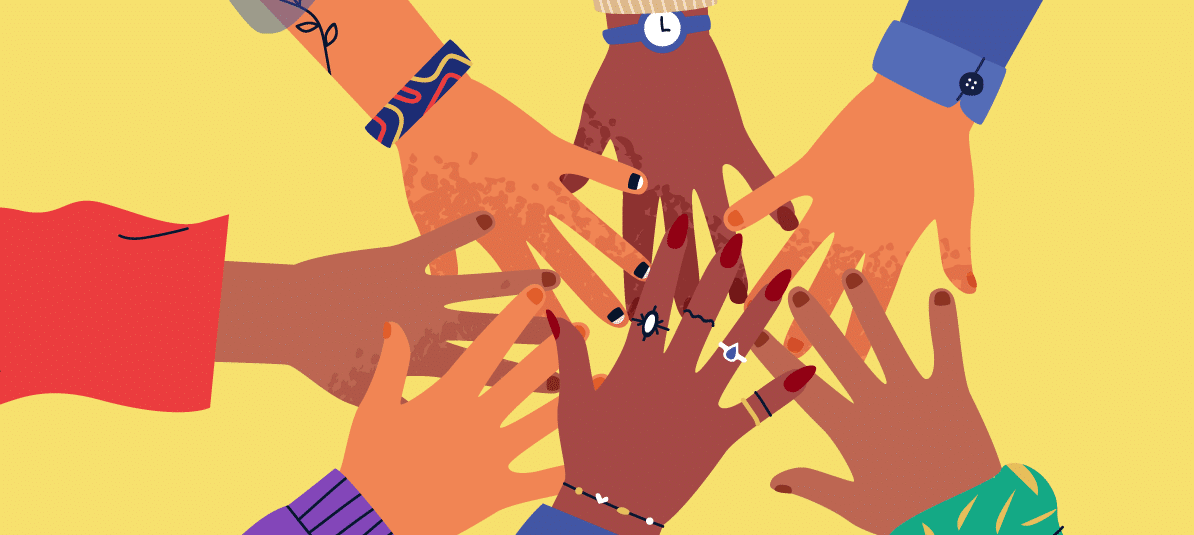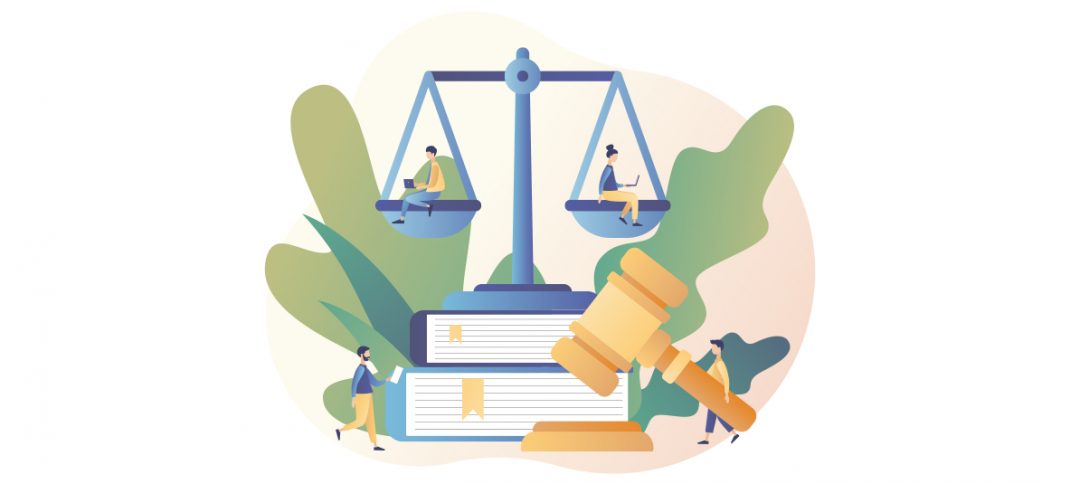Did you know that solidarity is the driving force that makes the insurance business work? This is known as the “mutualisation principle”. This concept means that at the moment you take out insurance you are mutualising risk; in other words, you accept that with the money from your policy, together with the money from many other policies, the mishaps that happen to a few are covered. This system implies a kind of group solidarity, a way of spreading the damage among a large number of people threatened by the same risks.
What is mutualisation for?
Unfortunately, sometimes mishaps can turn into claims that involve a high outlay of money. Imagine, for example, that the house you live in burns down and is rendered useless. Not only will you be temporarily without your home while they repair it, but also the cost of that repair can be so high that almost no individual person could take it on, even adding up all the instalments paid throughout your life. Thanks to mutualisation, you will be able to do it.
Covering your risk and that of others
If you are someone who believes they have been foolish for having paid insurance for years without having ever made a claim, rest assured that this is not the case. As well as having covered your own risk, you have helped to ensure that other policyholders have been protected in the case of damages, accident repairs, fires, floods, and one-off events such as retirement or death, among others. And of course, all these other insured people are also covering you.
Where does your policy money go?
According to UNESPA, the sector’s employer’s association, the highest percentage of the amount of each policy is used to resolve incidents (traffic accidents, lost luggage, accidents in the home): specifically, 76 percent of the premium. Of this percentage, 54 percent goes directly to customers and 22 percent to suppliers (healthcare, mechanics, plumbers). Of the remainder, 10 percent goes to insurance brokers, 6.7 percent to taxes (8% in 2021) and 6.3 percent to insurance shareholders.
Taking into account that insurers resolve an average of 6,000 incidents every sixty minutes, you now get an idea of the importance of the principle of solidarity which, if you are a customer of insurance products, you are also helping to sustain.









